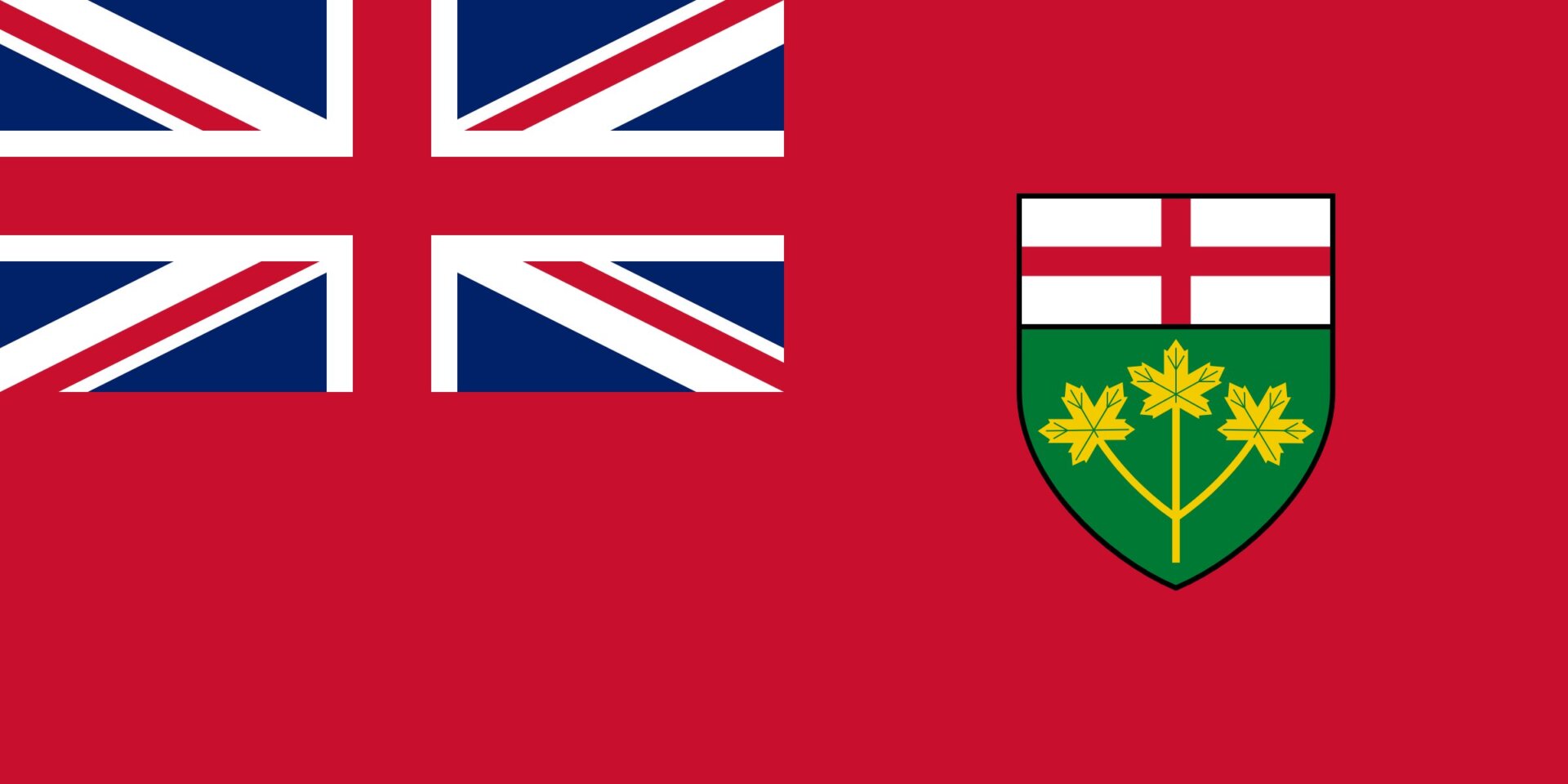 Premier Doug Ford has declared a state of emergency in Ontario.
Premier Doug Ford has declared a state of emergency in Ontario.
The order bans organized public events of more than 50 people until March 31st.
Effective immediately, all indoor recreation facilities, public libraries, private schools, licensed child care, bars and restaurants other than takeout and delivery, theatres, cinemas, will be closed.
Ford says this is not a provincial shut-down. Essential services will remain operational, including grocery stores, construction sites, office buildings, and public transit.
Ford says the moves are made to prevent our health care system from being overwhelmed and protect the province’s most vulnerable citizens.
“We understand this decision will impact workers across this province, my message to these people is that we will support you during these difficult times,” Ford says.
The premier is calling on the federal government to work with the province to establish a loan program to support businesses and bring in immediate EI reforms to support workers.
“We are acting on the best advice of our Chief Medical Officer of Health and other leading public health officials across the province,” says Christine Elliott, Deputy Premier and Minister of Health. “We know these measures will affect people’s everyday lives, but they are necessary to ensure that we can slow the spread of COVID-19 and protect our people.”
Provincial officials say this is the first stage of a broader emergency relief package, a $300-million investment to bring 75 more critical care beds online, open up 500 post-acute care beds, and help hospitals set up 25 more COVID-19 assessment centres across the province.
There were 32 new cases of the virus confirmed in Ontario on Monday, bringing the total (so far) to 177.
Ontario’s Chief Medical Officer of Health, Dr David Williams, says the majority of COVID-19 cases in Ontario are related to travel, not community-spread, but the situation changes day-by-day.
To date, there are no confirmed cases of the illness in Chatham-Kent.




